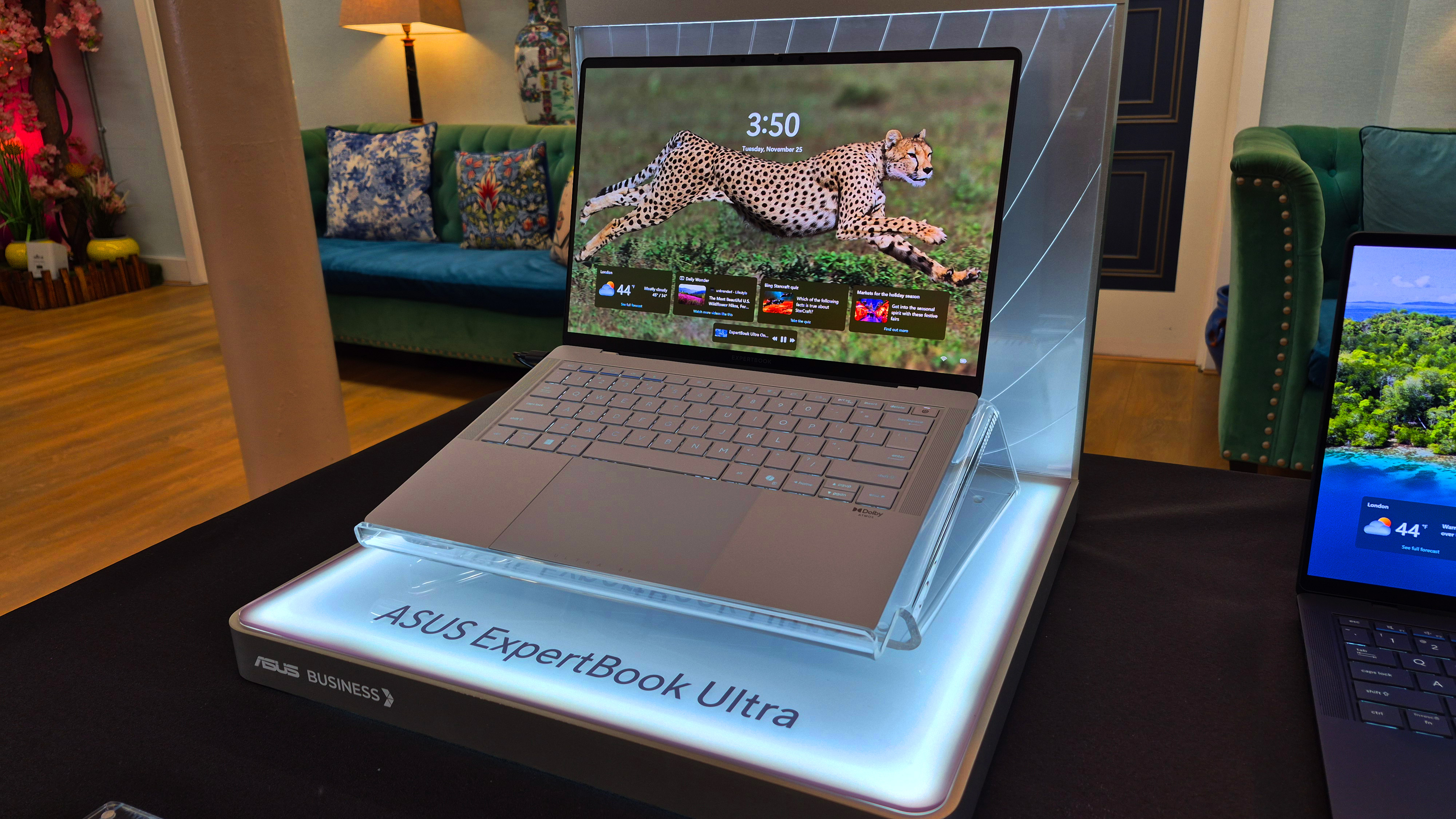Microsoft and Nokia: A gamble worth taking?
Does just over $7bn buy Microsoft a place at the mobile top table? Simon takes a look...

Wholesale shock was not the reaction when news broke earlier this week that Microsoft was snapping up Nokia's mobile phone business, at a price set to be just over $7 billion. Yet, considering the investment that Microsoft had put into Nokia previously, if the firm was to buy into the handset business, Nokia was always going to be the obvious target.
Is it the latest throw of the dice for Microsoft as it continues to lag behind the Samsungs and Apples of the world?
The deal, which may be the last to be ushered through by Microsoft's boss Steve Ballmer, will be completed early next year, assuming various obstacles are negotiated. Once the relevant hoops are jumped through, 32,000 Nokia employees will switch to Microsoft's payroll. Then, however, the hard work will really begin.
Cementing the union
Nokia and Microsoft have, after all, been working closely for some time, and both of them have something in common: they're struggling to gain much traction in the mobile sector. You wouldn't guess that from Ballmer's statement, of course. "It's a bold step into the future", he declared, "a win-win for employees, shareholders and consumers of both companies".
But is it? Or is it the latest throw of the dice for Microsoft as it continues to lag behind the Samsungs and Apples of the world?
For Microsoft, Windows Phone 8 was supposed to be some kind of turnaround. It's traditionally struggled in the sector, having fallen behind more aggressive and foresighted competitors. The irony is that the current generation of Windows Phone software is generally well liked, and through an established partnership (aided by Microsoft's chequebook), it's been Nokia that has backed the operating system the hardest. Furthermore, nice words have been aimed in the direction of Nokia's more recent Lumia releases.
And yet the numbers don't lie. Nokia, once one of the dominant forces in the mobile phone market, uncomfortably transitioned to smartphones, and watched its market share deplete. In 2012, the firm's market share stood at 19.7 per cent. Back in May 2013, it was down to 14.8 per cent, at a point where the market was still experiencing growth.
Sign up today and you will receive a free copy of our Future Focus 2025 report - the leading guidance on AI, cybersecurity and other IT challenges as per 700+ senior executives
-
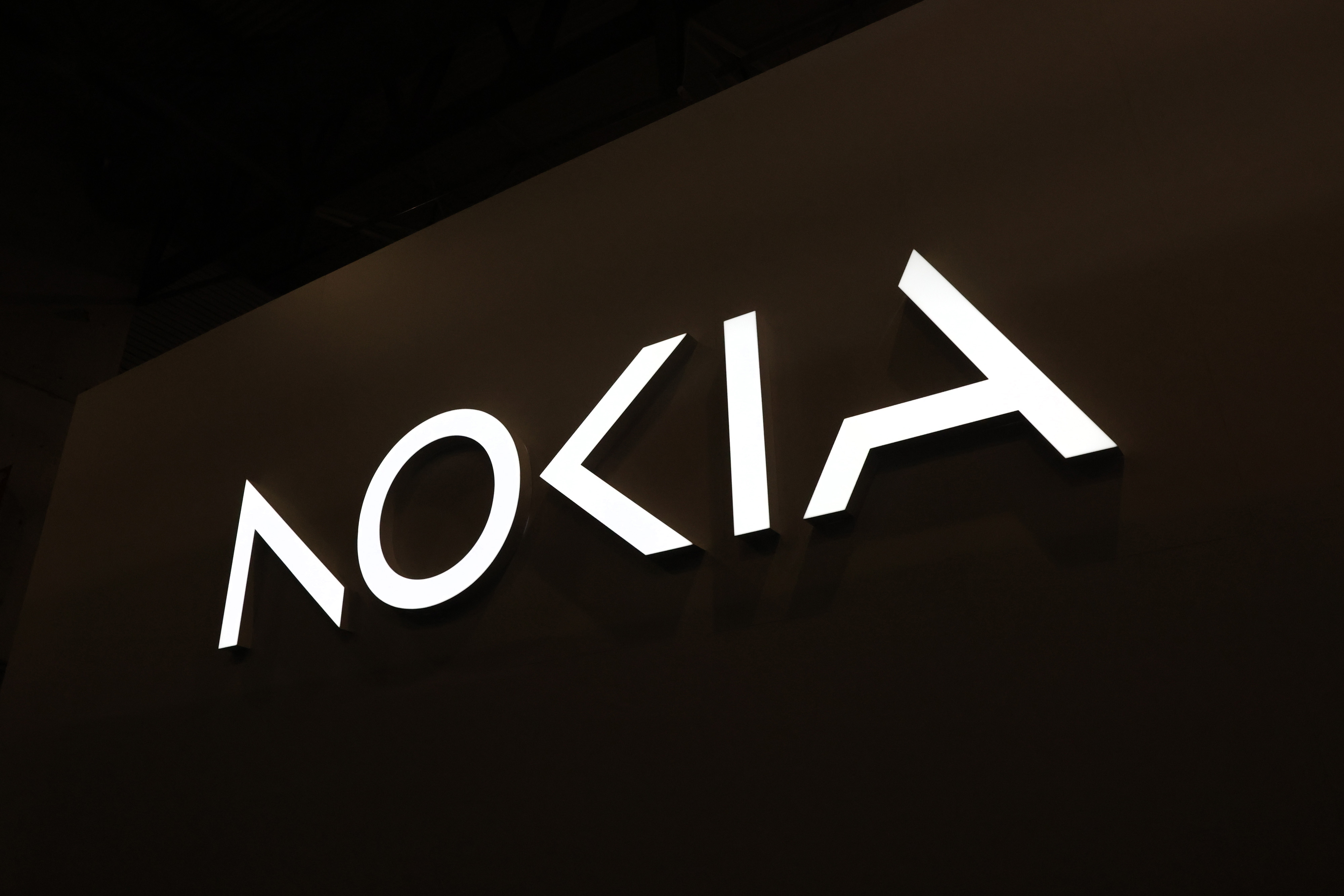 Nokia to cut 14,000 jobs as demand for telecoms equipment plummets
Nokia to cut 14,000 jobs as demand for telecoms equipment plummetsNews Nokia said the move could deliver up to $1.37 billion in cost savings
-
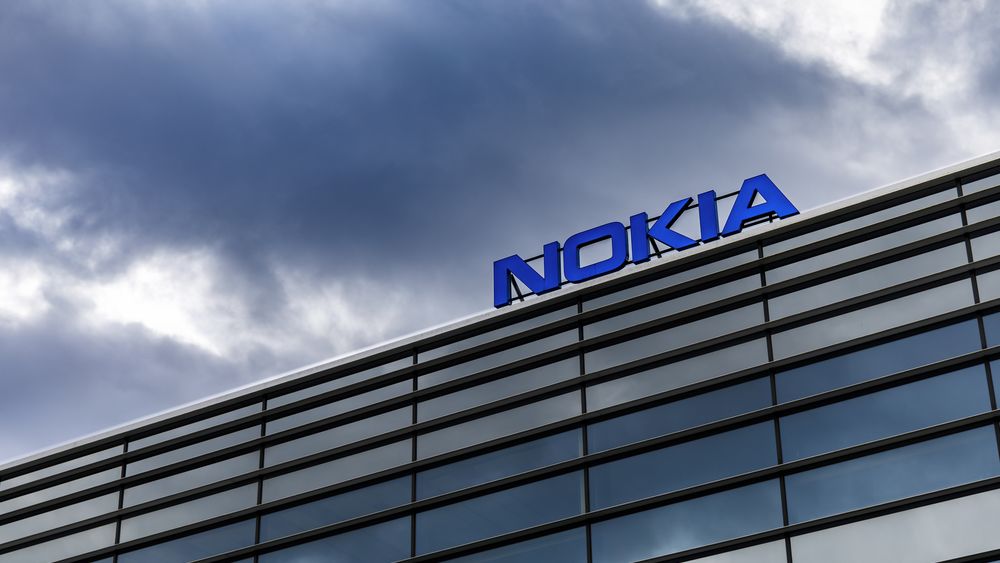 Nokia to cut 10,000 jobs in bid to boost R&D funds
Nokia to cut 10,000 jobs in bid to boost R&D fundsNews The Finnish telecoms giant plans to save €600m over the next two years to reinvest into emerging technologies
-
 Nokia acquires Comptel to leverage software business
Nokia acquires Comptel to leverage software businessNews Mobile infrastructure firm will offer its customers better analytics capabilities
-
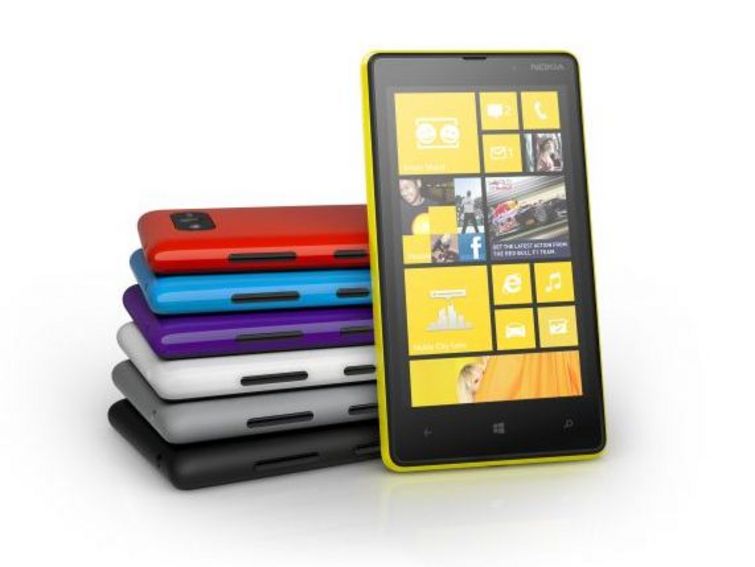 Curtain falls on Nokia's smartphones
Curtain falls on Nokia's smartphonesIn-depth Microsoft is dropping the Nokia brand from its Windows smartphones. It is the end of an era
-
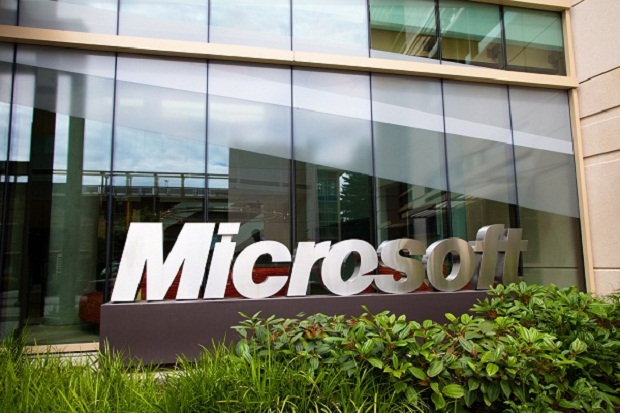 Microsoft ditches Nokia branding on Lumia devices
Microsoft ditches Nokia branding on Lumia devicesNews The company has decided to drop the Nokia name, but will keep the Lumia branding
-
 Microsoft job cuts: 18,000 workers will be gone by June 2015
Microsoft job cuts: 18,000 workers will be gone by June 2015News Nokia staff to make up the brunt of those axed
-
 Microsoft makes changes to Nokia acquisition deal
Microsoft makes changes to Nokia acquisition dealNews Nokia to be rebranded as Microsoft Mobile, according to memo
-
 Nokia bags Chinese approval for Microsoft phone deal
Nokia bags Chinese approval for Microsoft phone dealNews Finnish phone maker wins regulatory approval to sell off its phone business
